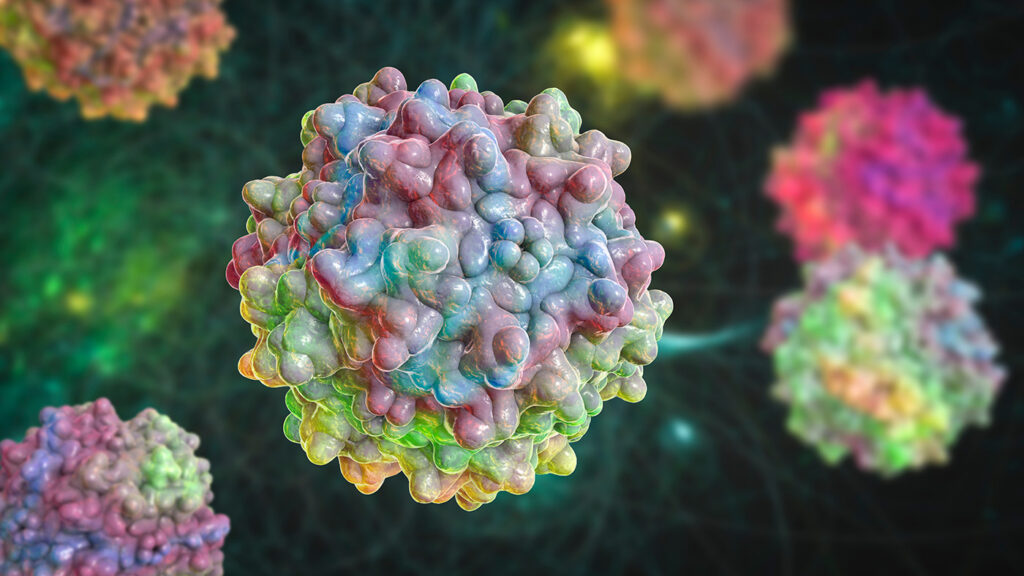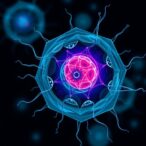
Credit: Kateryna Kon/Shutterstock
Portuguese researchers have developed the downstream section of a new streamlined production method for an emerging virus class.
The team, from Instituto de Biologia Experimental e Tecnológica (iBET), believes the new downstream processing removes bottlenecks to the production of oncolytic viruses, a new class of anti-cancer drug that differs from the more familiar adeno-associated viruses (AAV).
According to Cristina Peixoto, PhD, head of the downstream processing lab at iBET, “The challenge is that [oncolytic] viruses aren’t the same shape, and they have an envelope. This can make them more challenging to manufacture.”
Oncolytic viruses offer rapid replication and intra-tumoral spread, allowing for targeted and efficient destruction of cancerous tumors, according to Peixoto’s presentation at Bioprocessing Summit Europe earlier this year.
However, the difficulties in manufacturing mean there are only two products currently on the market, she says.
To try to overcome this problem, the iBET team collaborated with Jennifer Altomonte, PhD, a lead investigator at the Technical University of Munich in Germany, to streamline an end-to-end process for the production of a recombinant fusogenic oncolytic virus (VSV-NDV).
Altomonte worked on the upstream part, including trialing new cell lines, different feedstocks, and adapting the cells to a suspension-based process. In the meantime, the team at iBET worked on the downstream section.
According to Peixoto, “We experimented with the ionic salts and behaviors of impurities in chromatography, and we found that a citrate buffer could improve the performance a lot.”
The team is now hoping to optimize the concentration and sterile filtration part of the downstream process.
“The downstream work is not finished as we need to do work to move toward GMP-grade manufacturing, but we now know that we can successfully purify the product,” she says.
Altomonte is now seeking funding to trial a GMP-grade manufacturing run of the entire process.
Altomonte and the iBET team published a description of their full process in Separation and Purification Technology earlier this year.



